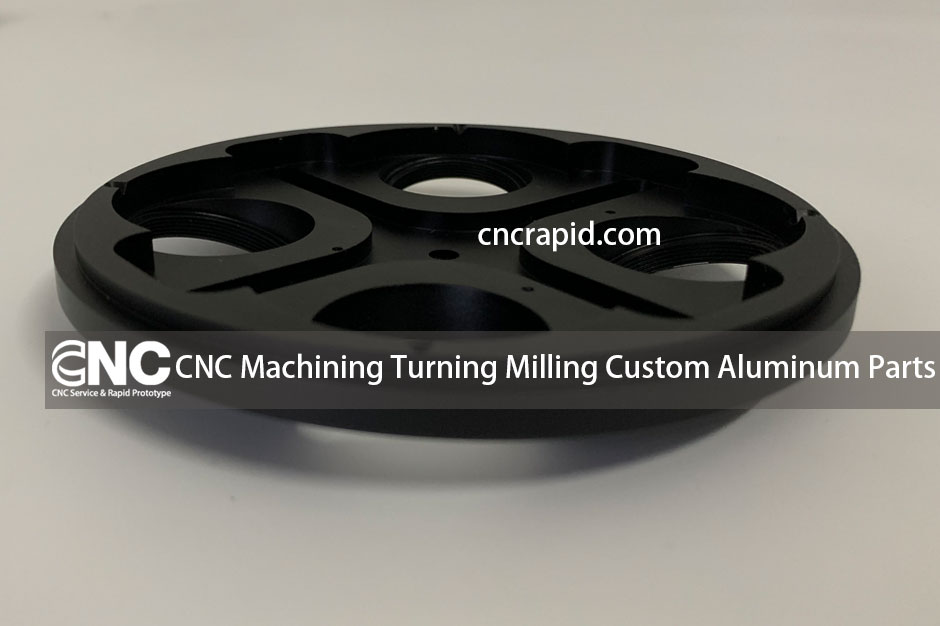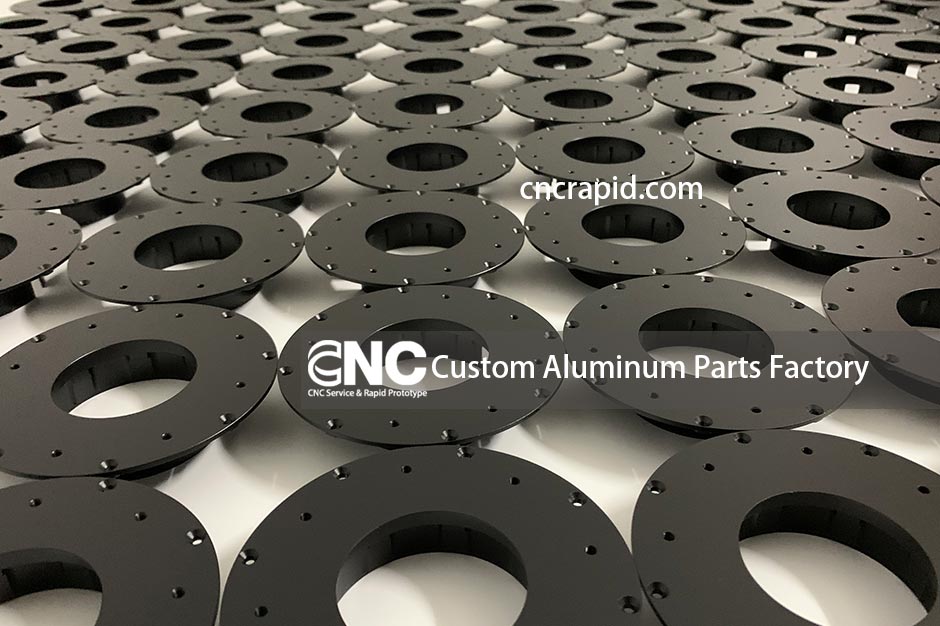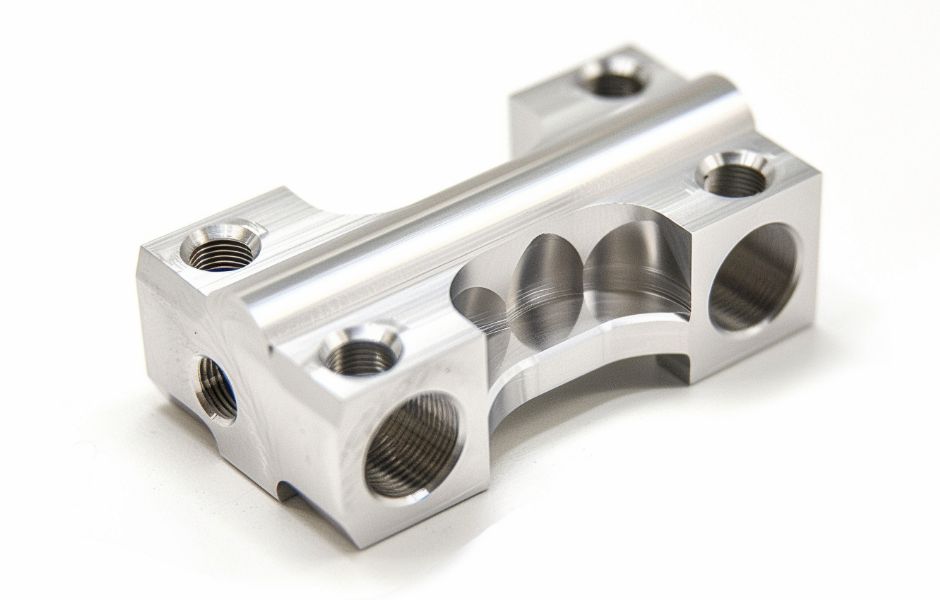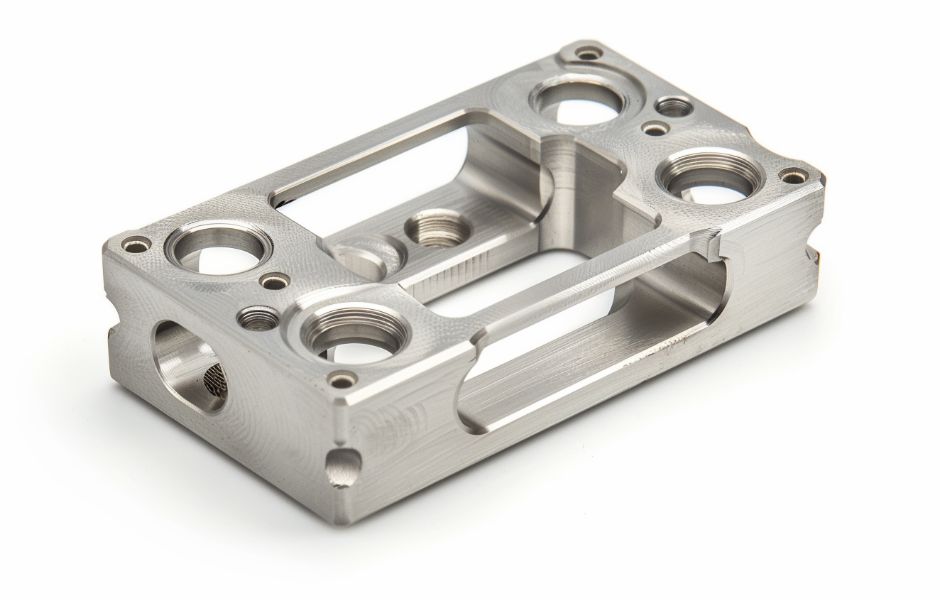CNC machining materials
CNC machining in Aluminum
Aluminum alloys are characterized by their high machinability and ductility, alongside an excellent strength-to-weight ratio. They offer superior thermal and electrical conductivity, low density, and inherent resistance to corrosion. Additionally, they are suitable for anodizing.
Available materials
6061-T6 Aluminum stands as the most favored aluminum alloy, known for its impressive strength-to-weight ratio, superior machinability, and inherent resistance to corrosion.
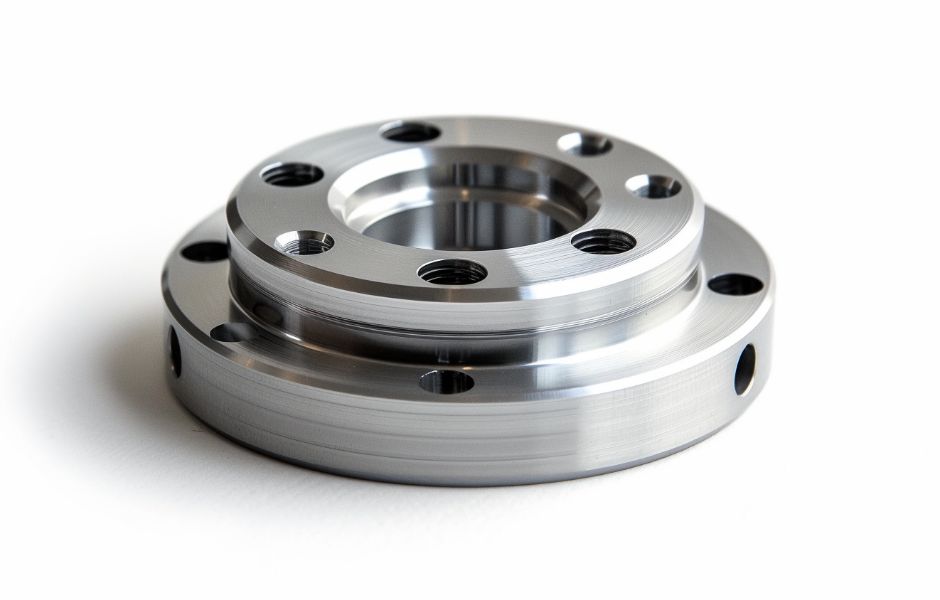
7075-T6 Aluminum, an aerospace-grade material, boasts an exceptional strength-to-weight ratio along with strength and hardness levels that rival those of steels.
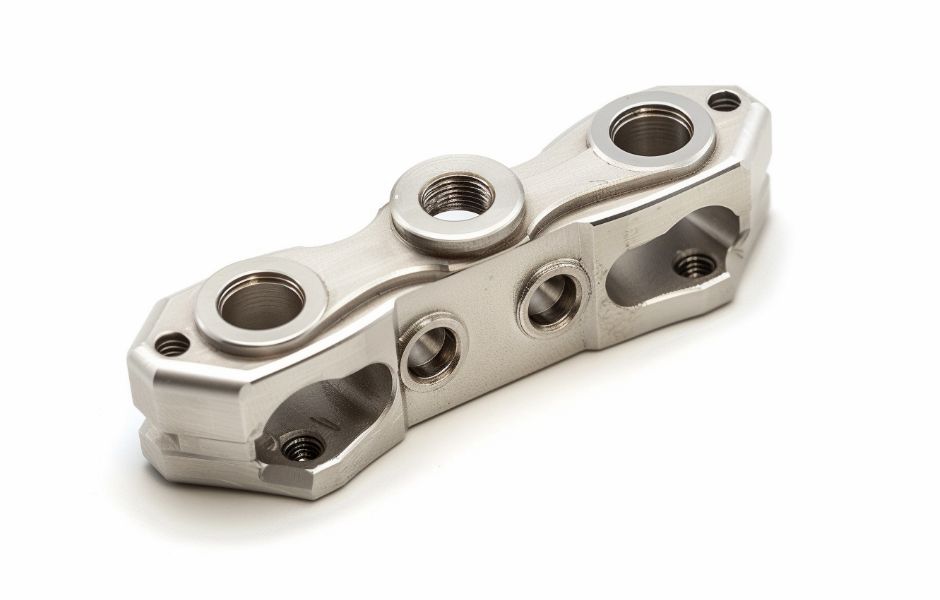
5083 Aluminum is a strain-hardening alloy noted for its outstanding corrosion resistance, making it ideal for marine applications. It is also weldable.
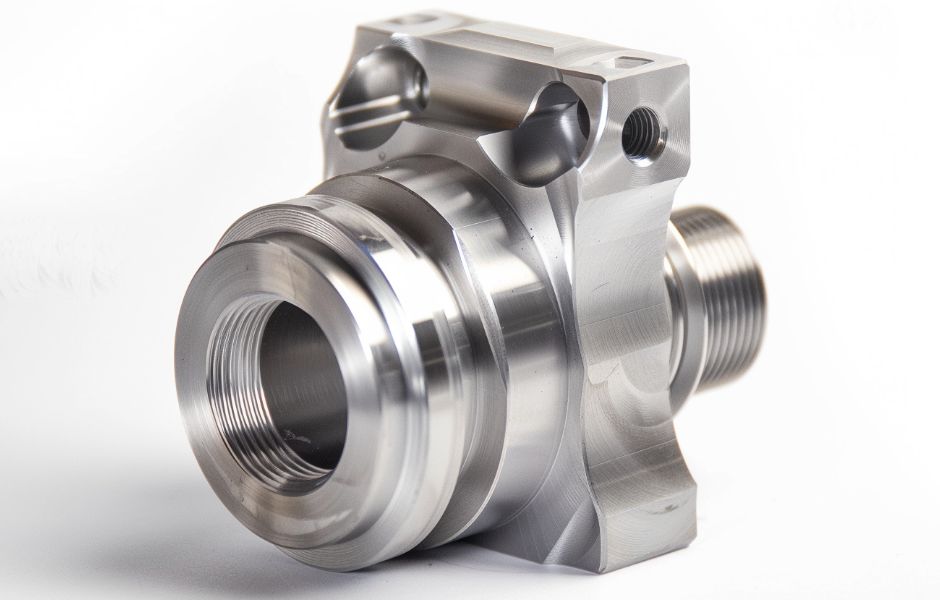
6063 Aluminum possesses favorable mechanical properties and is capable of undergoing heat treatment. It is suitable for aerospace applications and can be welded.
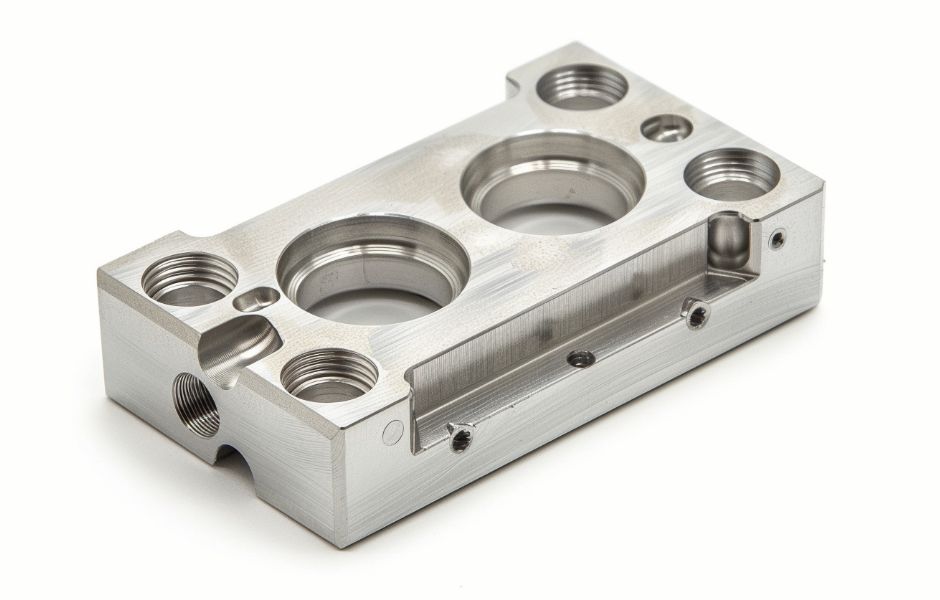
6060 Aluminum
6060 Aluminum provides solid strength, decent corrosion resistance, and is well-suited for decorative anodizing.
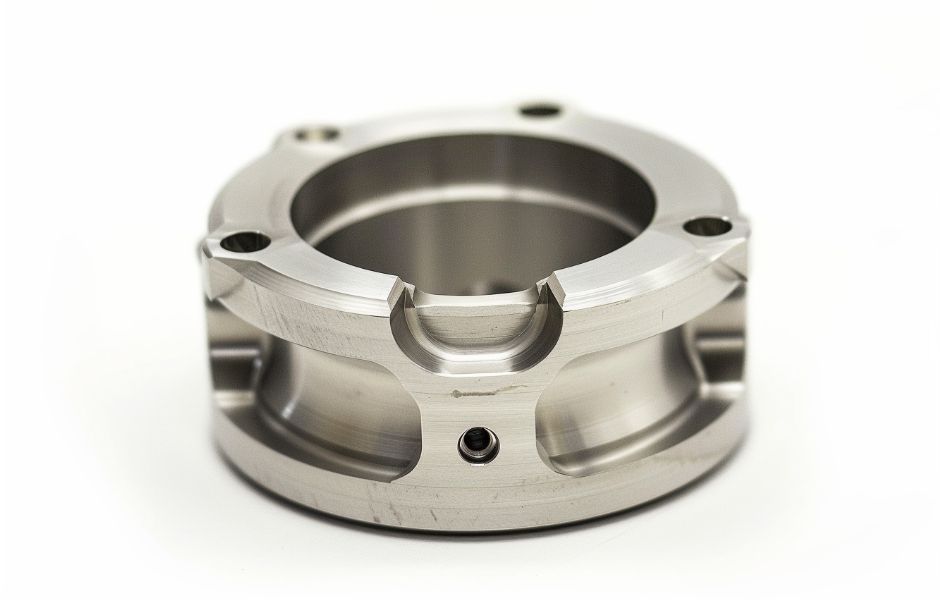
2024 Aluminum
2024 Aluminum is a high-strength alloy known for its superior fatigue resistance, making it well-suited for aerospace applications.
CNC machined aluminum
Aluminum’s ease of machining makes it an excellent choice for CNC machining processes. Its beneficial properties, including its lightweight nature, malleability, ductility, and robust durability, contribute to its wide-ranging applications. The lightweight characteristic of aluminum simplifies handling and machining, enabling its use in diverse products. In CNC machining, aluminum parts are crafted from a raw metal block, meticulously shaped piece by piece to achieve the precise design or object envisioned. This precision crafting is facilitated by CNC (Computerized Numerical Control) machinery, which can produce virtually any three-dimensional shape or design conceived through CAD (Computer Aided Design) software.

